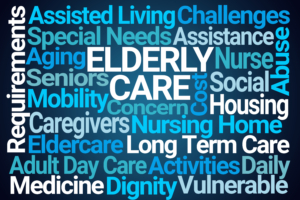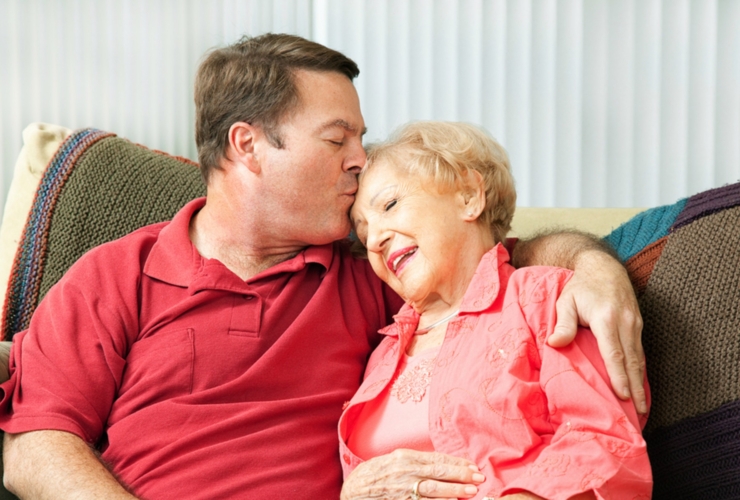Care Options
Senior Living & Care Options

Senior Living Options
While most older adults hope or plan to age in place in their own homes or communities, changes in their health, cognition and physical abilities often bring about a search for alternative senior housing options that can meet their increasing care needs.
This search can be overwhelming trying to sort and understand all the different kind of care options and level of care services that are available to meet current and future care needs. Advocate Senior Placement can assist in this difficult journey by alleviating the stress and confusion, while providing peace of mind through the dedicated service, guidance, support and expertise of our Senior Advocates.
Senior Placement Experts
We are totally committed, highly qualified, dependable, knowledgeable and extraordinarily passionate in serving seniors. We are very experienced working with clients needing a change in senior living options due to increasing care needs who have the following diagnoses and more:



